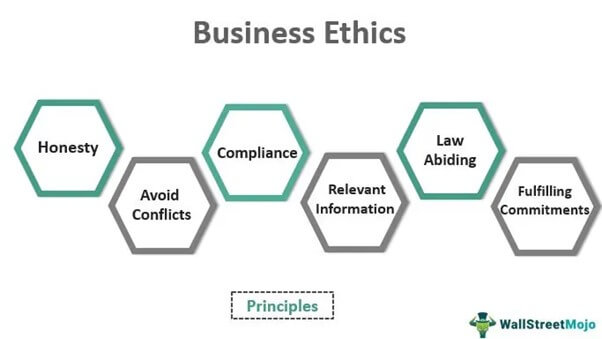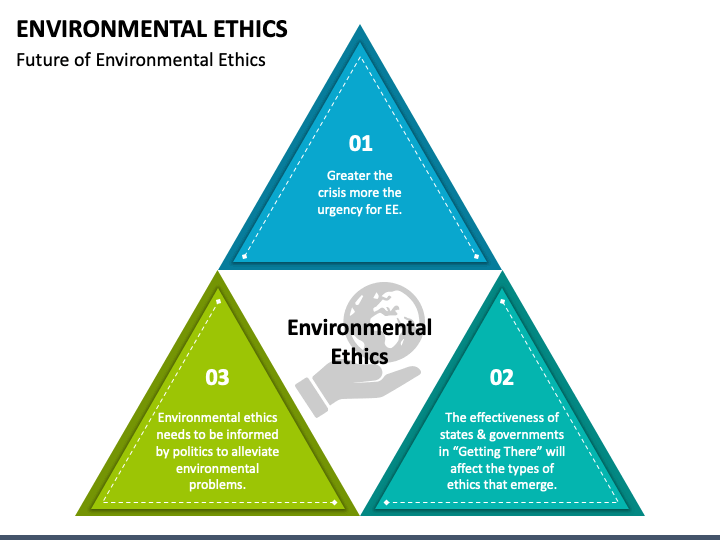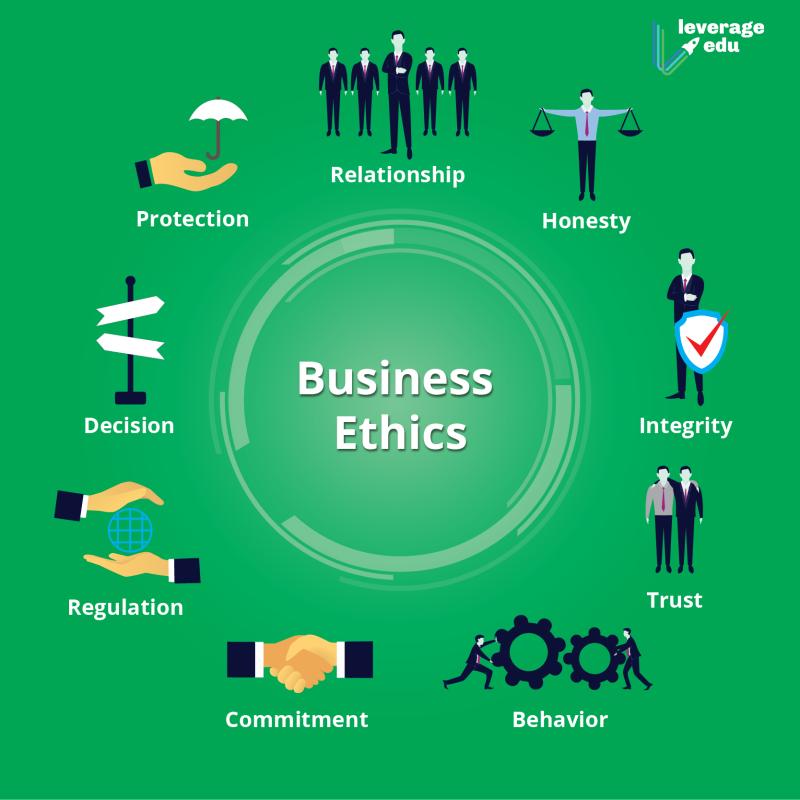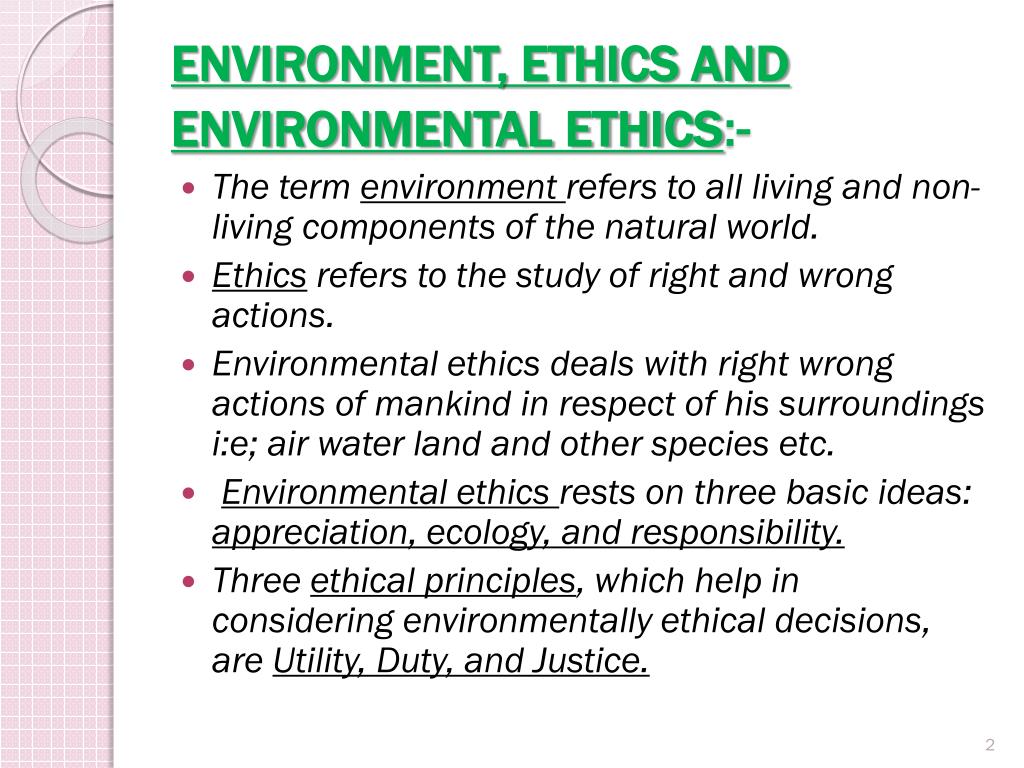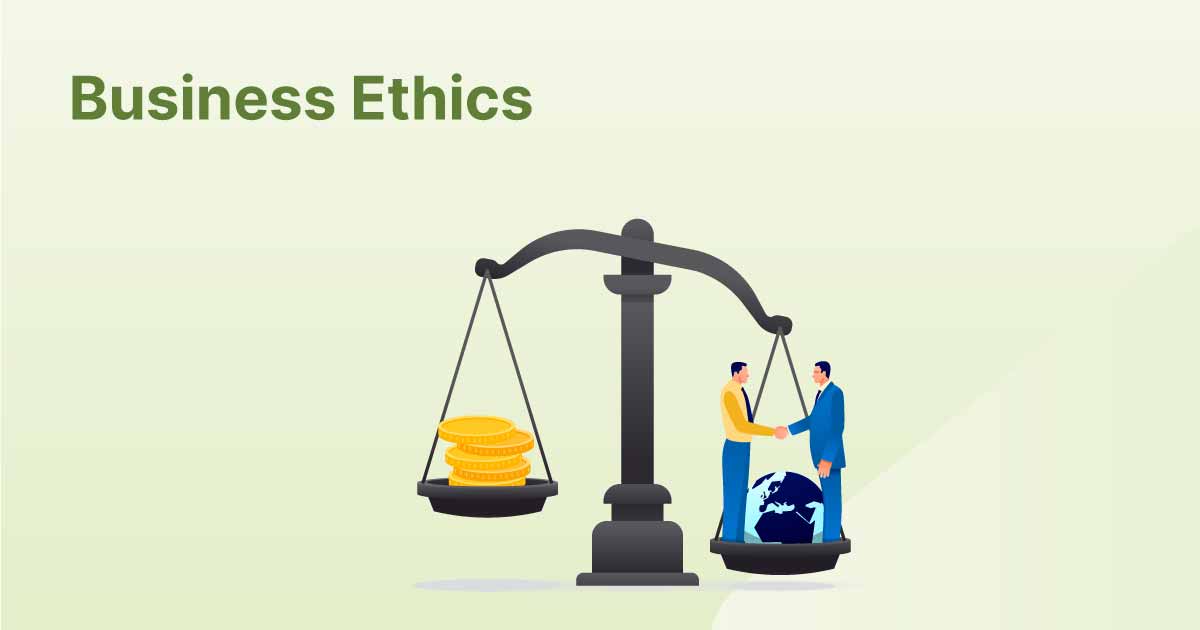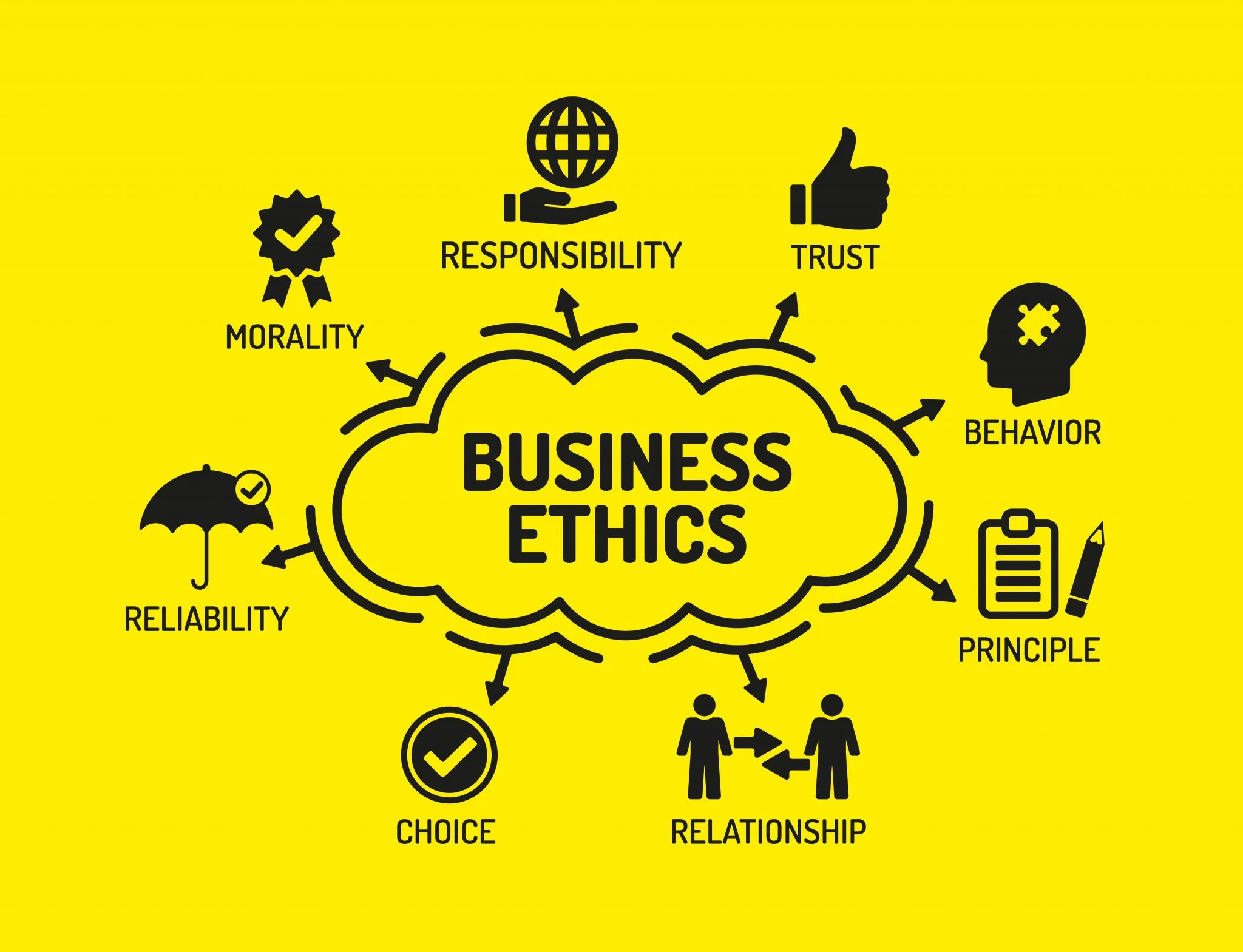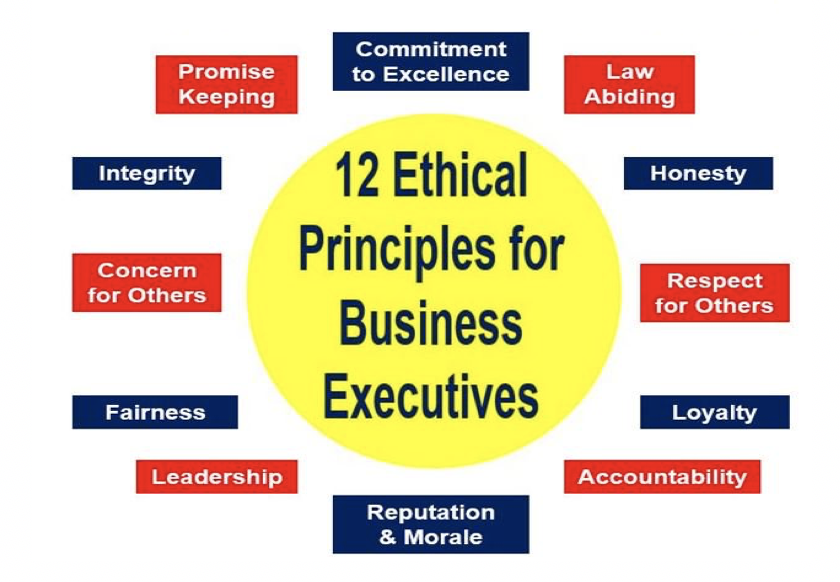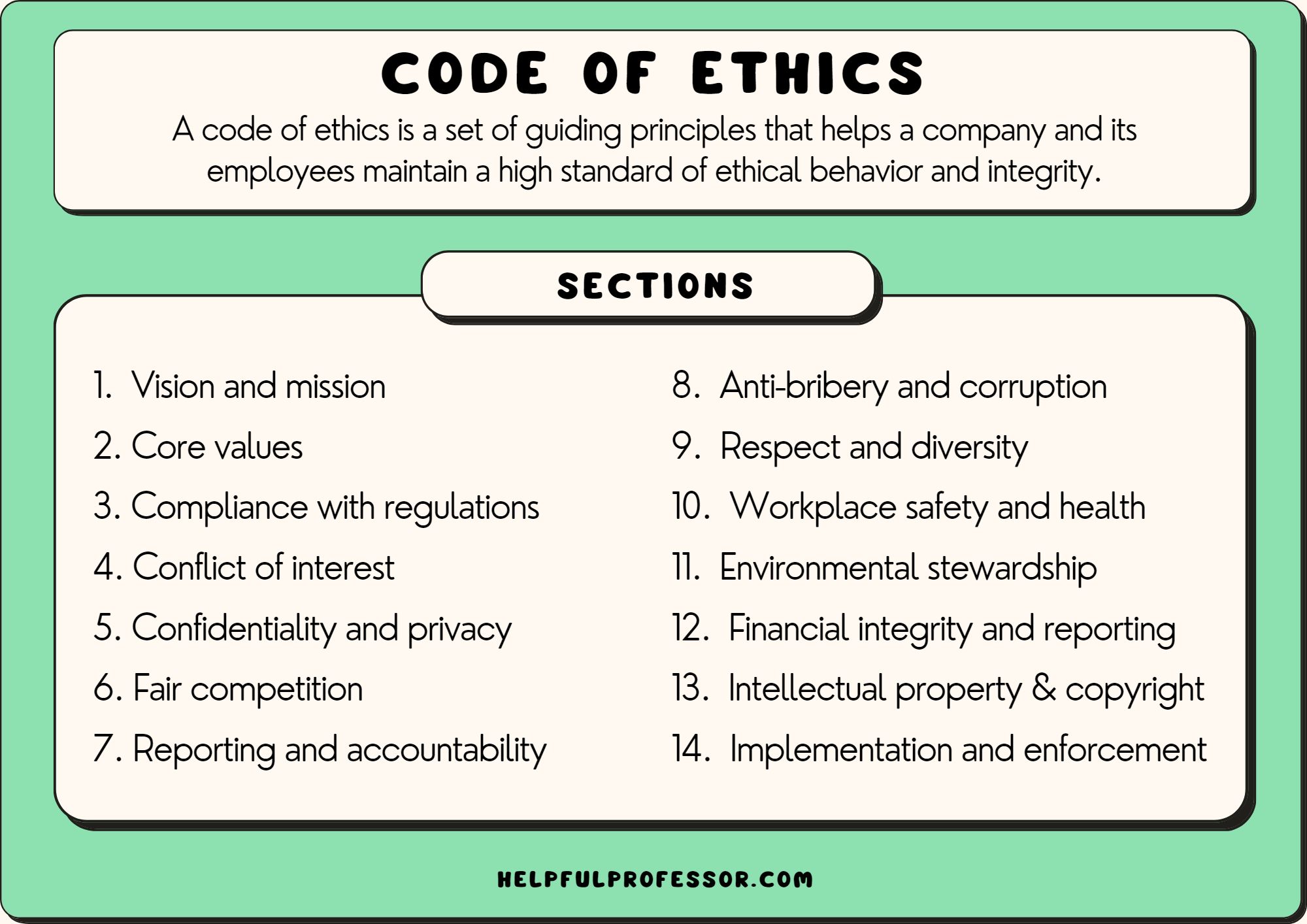Explain The Ethical Standards Used In The Business Environment

Ethical lapses are shaking public trust in businesses worldwide, demanding immediate attention to the principles guiding corporate conduct. The bedrock of responsible business lies in a commitment to ethical standards that go beyond legal compliance, shaping a culture of integrity and accountability.
Defining Ethical Standards in Business
Ethical standards in the business environment are a set of moral principles and values that govern the behavior of individuals and organizations. These standards provide a framework for making decisions and taking actions that are considered right, just, and fair, not just profitable.
Companies often codify these standards into comprehensive codes of ethics.
Core Ethical Principles
Several key principles underpin ethical behavior in business. Honesty and integrity are paramount, requiring truthfulness in all dealings and a commitment to upholding moral principles.
Fairness ensures equitable treatment of all stakeholders, including employees, customers, suppliers, and the community. Transparency dictates open and honest communication, fostering trust and accountability.
Respect for others, regardless of background or position, is a cornerstone of ethical conduct. Finally, responsibility holds individuals and organizations accountable for their actions and their impact on society.
Stakeholder Theory and Ethical Obligations
The stakeholder theory, championed by R. Edward Freeman, emphasizes that businesses have obligations to all who affect or are affected by their actions. This extends beyond shareholders to include employees, customers, suppliers, communities, and the environment.
Ethical standards dictate balancing the interests of these diverse stakeholders. Prioritizing short-term profits at the expense of long-term sustainability or stakeholder well-being is viewed as unethical.
Impact of Ethical Standards on Business Performance
Research consistently demonstrates a positive correlation between ethical behavior and business performance. A strong ethical reputation enhances brand image, attracting customers and investors.
Ethical companies also experience improved employee morale and productivity, reduced legal risks, and stronger relationships with stakeholders.
Case Studies of Ethical Lapses
Numerous high-profile cases highlight the devastating consequences of ethical failures. The Enron scandal, driven by accounting fraud, resulted in billions of dollars in losses and shattered investor confidence.
The Volkswagen emissions scandal demonstrated the damaging impact of prioritizing profit over environmental responsibility, leading to significant financial penalties and reputational damage. Such cases underscore the critical importance of robust ethical frameworks.
Implementing and Maintaining Ethical Standards
Implementing effective ethical standards requires a multi-faceted approach. It starts with leadership commitment, setting the tone from the top and fostering a culture of integrity.
Companies should develop and communicate a clear code of ethics, providing training and resources to ensure employees understand and adhere to the standards. Whistleblower protection mechanisms are crucial for encouraging the reporting of unethical behavior without fear of retaliation.
Regular audits and assessments are necessary to monitor compliance and identify areas for improvement.
"A company's ethical compass must be calibrated regularly,"notes Professor Joanne Ciulla, a leading expert in business ethics.
The Role of Regulation and Compliance
While ethical standards go beyond legal requirements, regulations play a vital role in setting minimum standards of conduct. Legislation such as the Sarbanes-Oxley Act in the United States aims to prevent corporate fraud and enhance financial transparency.
Compliance with these regulations is essential, but it is not a substitute for a genuine commitment to ethical behavior. Companies should strive to exceed regulatory requirements, embracing a proactive approach to ethical decision-making.
Ongoing Developments and Future Trends
The business environment is constantly evolving, presenting new ethical challenges. Issues such as data privacy, artificial intelligence, and sustainability are demanding greater scrutiny and ethical consideration.
Companies must adapt their ethical frameworks to address these emerging challenges, engaging in ongoing dialogue with stakeholders and staying abreast of best practices.
The rise of social media and increased public awareness have amplified the consequences of ethical lapses, making it more critical than ever for businesses to prioritize ethical conduct. A continued focus on promoting ethical standards is essential for building sustainable and responsible businesses.

